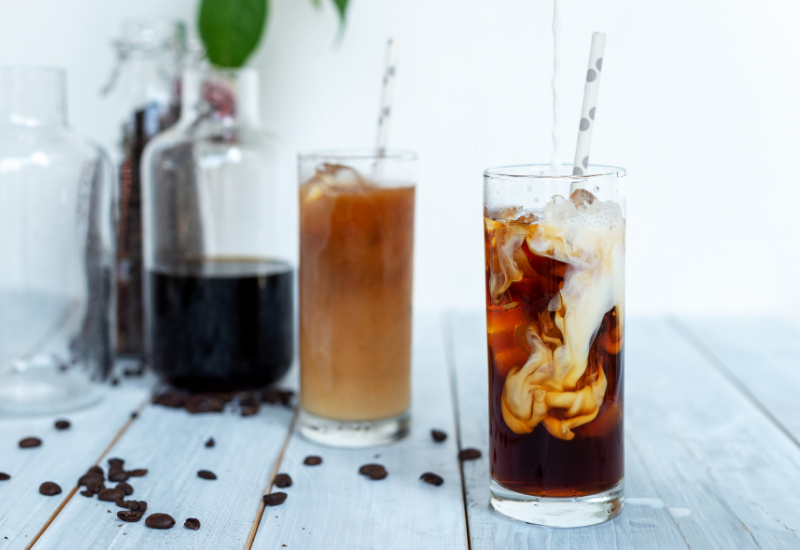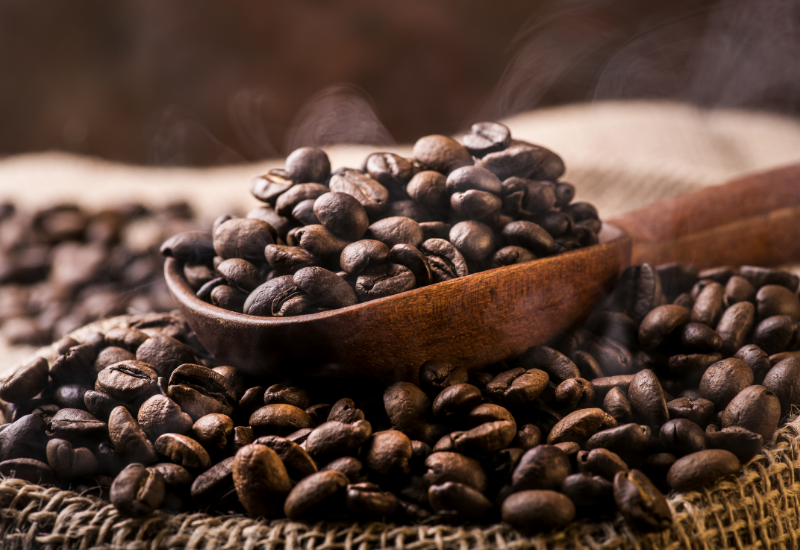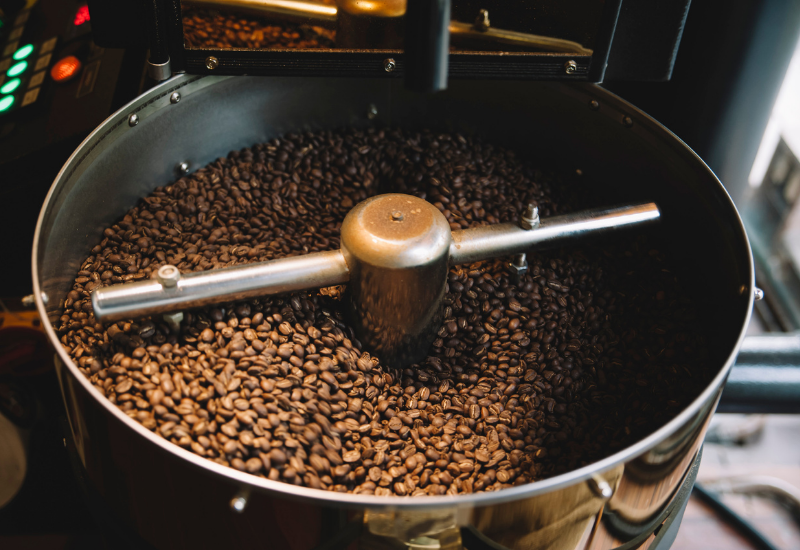The Difference between Cold Brew and Iced Coffee

Because they are both served and often consumed cold, you could easily get cold brew coffee and iced coffee confused. Our you could even think they are the same thing. Yet the difference between cold brew and iced coffee are quite different! And not just in the way they are brewed, but also their flavor and benefits.
If you had to give up either coffee, wine or exercise, which would you choose?
This question always gets an interesting response from people all over. I absolutely love asking it. And you might be surprised to know that I would actually give up wine before I’d give up coffee. Clearly exercise is not an option. But I simply could not live without coffee, espresso, lattes, cappuccino and espresso martinis. Whether they are iced or hot or full-caf, half-caf or decaf is irrelevant. They all make me happy.
Why is Cold Brewed Coffee So Hot Right Now?
We’ve had iced coffee forever. But in the past few years, this new brew is really catching on and you’ll see them everywhere. Cold brew brands are as hip as microbreweries and boutique doughnut shops. If it’s all just coffee beans and water, what the difference really? What makes cold brew so dang hot?
Does it have lower acidity? Is it better for you? More caffeine? Here’s a little brief summary of my scientific findings. You can thank you uncle google for your help here and me for consolidating all the answers in one place.

Regular Brewed Coffee
This basic process we’re all familiar with involves involve pouring hot water (195 – 205F) over a bed of coffee grounds. In general, the recipe is about 2 tablespoons per 1 cup of hot water. After running hot water through and/or letting it sit for just a few minutes, the grounds are strained out and the hot coffee is ready for consumption. Hot coffee smells great and is known for strong, bitter flavor and acidity.
Cold Brewed Coffee
This more time consuming process requires much more patience and involves pouring room temperature water over a bed of coffee grounds. In general, the recipe is about 4 tablespoons per 1 cup of water. The mixture is then left to sit for hours, like hours…2-24+ in an airtight container.
Then the grounds are removed from the water via French press or filter or both. Often, water is then added back before serving to dilute the dense, thick coffee. Cold brewed coffee is known for a less acidic, sweeter and smoother flavor.
Iced Coffee
If a coffee is “iced,” most likely it was prepared using traditional brewing with a slightly higher coffee to water ratio and then cooled or chilled and served over ice.
When it’s chilled over ice is a debatable topic, but best case is drip by drop when brewing like the Japanese method. It’s easier to cool the coffee and prevents it from becoming overly diluted. Iced coffee should still taste like traditional coffee as it’s brewed under the same high heat and the same coffee solubles…are well…soluble.

How does the Cold Brewing process impact flavor?
The ingredients are the same, only the time, temperature and density differ. There is a lot of magic in the little bean and a ton of little compounds in there that the fancy folks call “coffee solubles.” These solubles all work at different temperatures and some are less “soluble” in cooler temperatures. That’s why cold brewed uses two times the coffee to start with.
Because I’m not a coffee scientist nor do I think you want a full chemistry lesson here either, we’ll keep this simple. Based on my research, it seems that the strong, aromatic, acidic coffee solubles are extracted only under high heat. That’s why a little patience and cold water can pull out smoother and sweeter compounds. Making the cold brewed coffee is not quite as bitter and is known for being less acidic. For this reason, cold brewed coffees are more frequently served sans sweetener and can also save you a few calories.
What about the caffeine content?
The caffein content between traditional brew, cold brew and iced coffee would be 100% contingent on the coffee to water ratio as the caffeine extraction is not affected by time or temperature.
The Difference between Cold Brew and Iced Coffee in Summary
So you can see there is quite a bit of science in the art of coffee brewing. If you haven’t yet explored the world of Cold Brew Coffee, I highly recommend Trident Coffee in San Diego. Wonderful owners, with a delicious variety of products. We actually carry it on our Clean & Colorful Kitchen Menu!
About The Author
Teresa Howes
I’m a board certified holistic nutritionist, certified personal trainer, plant forward & flexatarian lifestyle enthusiast and self proclaimed Veggie Ninja. I’m here to inspire and illustrate how delicious, simple and fun healthy living can be!
Related Posts
Cancer Fighting Smoothie Recipe
I do think it’s aggressive to title this post: Cancer Fighting Smoothie Recipe…
July 25, 2021Is it Healthier to Juice or Blend Fruits and Veggies?
If you’ve found yourself stumped and ever wondered if is it healthier to…
December 2, 2020

